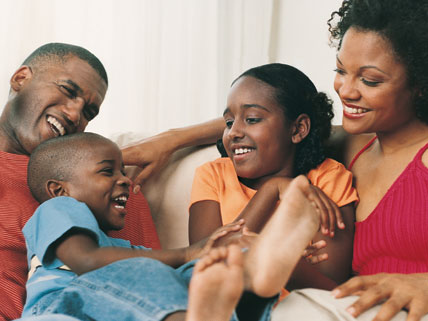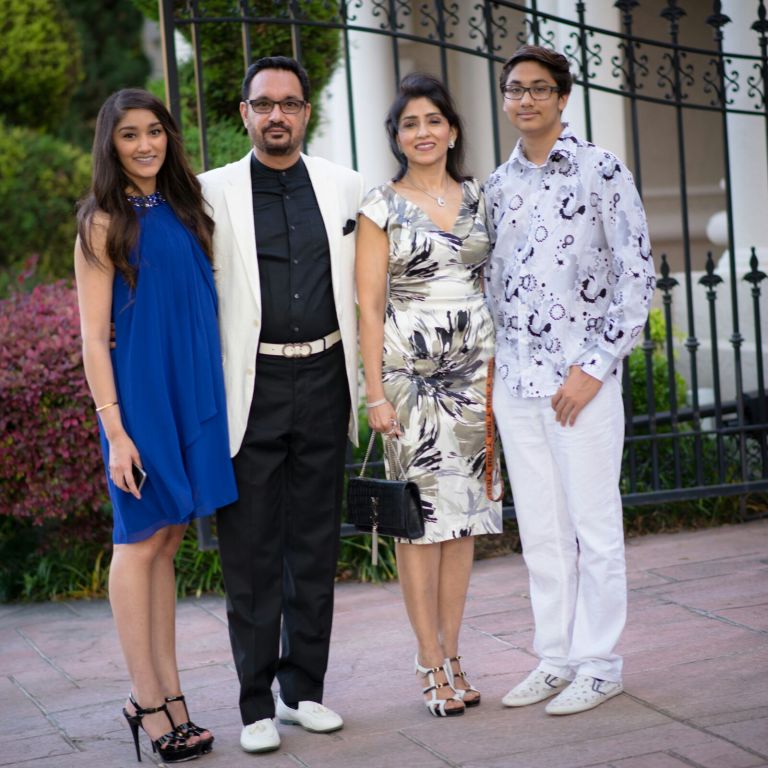One can find all kinds of different parenting styles across the various cultures of the world. With this being the case, I do not believe in there being a single ideal way to parent. In addition, every child is different; what may benefit one child may not promote the well-being of another (even if the other child is in the same family). On the other hand, I do think there should be (and maybe there are) some universal principles which can apply to all cultures:
First, parents should refrain from trying to replicate their own interests through their children. What I mean by this is children, especially adolescents, should never have to sacrifice their own self-development under the pressure of their parents’ hopes. When it comes to the image of the “Tiger mom,” it is not so much the behavior as it is the reason behind it which can serve major implications. Some of these moms simply treat their children with tough love out of wanting the best for them. Others are hard on their kids because they want them to pursue a dream which they (the parent) once had. I strongly disagree with this mindset because it shows how these parents are not only hard on their kids, but it shows how they are acting this way out of their own interest, not out of love. I am not saying that these types of parents do not love their children, but the attitude which they go about raising their children with is not the right attitude to have, especially with children and adolescents who are still learning the ways of the world and who are tying to figure out their own aspirations in life.
Second, parents should confront their own anxieties and love their children without dictating them. This point is meant to tie in with the previous one. Parents should exert control to further their child’s abilities, not to promote their own interests and defend their own superiority. Many parents wish for their children to live better lives than they once had; sometimes parents even try to make their children live an almost perfect life either because they grew up on the opposite spectrum from perfect or because they in fact grew up very fortunate. Whichever the case, I believe the pursuit of perfection gets in the way of the pursuit of happiness.
Finally, I believe parents should treat their children as their children. By this, I reject the concept of using wealth to buy the happiness and affection of the child and/or using wealth to make up for lost time spent with the child. If parents insist on engaging in this behavior, then how will their children be able to associate happiness, affection, time, and love without money? Using money to serve as the concrete form of such an abstract concept (happiness) will not result in a child who grows up to be happy. It may temporarily cause the child happiness, but in the end, they will be unable to dissociate happiness from money (which I believe is correlational, not causational). My final point with this principle has to do with parents playing the role of the child’s parent and not the role of friend. In my case, both of my parents grew up in very different cultures, but they both agreed that a parent is not a friend. On one hand, parents are a lot like friends in many ways. For example, both parents and friends offer a source of support and should want what is best for you. On the other hand, parents and friends have different ideas of what is best (and typically it is assumed that parents know better what is best over friends, as they are older and more experienced). In addition, parents are more of a permanent source of support because at the end of they day, friends come and go as you move through life; your parents should (and typically will) always defend you, no matter what petty argument you just had with them.





